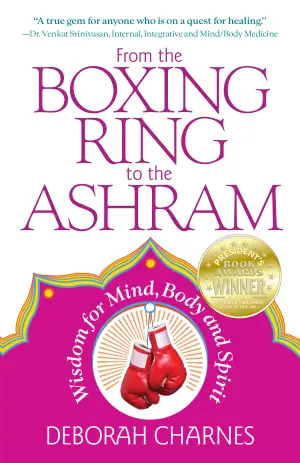A Conversation with Climate Change: My Thoughts on Two Degrees by Alan Gratz
When I first stumbled upon Two Degrees by Alan Gratz, I was captivated by both the title and the weighty subject it tackles—climate change. As someone who often grapples with the stark realities of our world, I found myself drawn in, eager to see how Gratz would weave together the lives of young protagonists facing the very real dangers of a heat-weary planet. The frightening yet gripping nature of this narrative, like Paul McCartney’s cautionary lyrics, resonated deeply with me. As I turned its pages, it felt like a timely conversation about our environmental responsibilities—one that I genuinely needed to have.
Two Degrees introduces us to four middle school kids whose lives are directly threatened by climate-induced disasters. We meet Akira, navigating the burnt landscapes of California’s Sierras, and Owen and George, who find themselves battling for survival against a polar bear in Manitoba. Then there’s Natalie, desperately fighting against floodwaters in hurricane-ravaged Miami. Their stories seamlessly intertwine, channeling a sense of urgency that truly captured my heart. Each child embodies a unique facet of the climate crisis, representing the far-reaching consequences faced globally.
Gratz’s writing shines with clarity and urgency, making the intense scenarios feel ravenously real. The pacing is cinematic, reminiscent of a high-stakes thriller that left me breathless. I was particularly struck by the moments when the attractive veneer of childhood innocence was ruthlessly pierced by the reality of survival—that in any given moment, decisions made can lead to life or death. As I was reading, it struck me how the narrative pulled at my gut, echoing the alarming statistics and news stories we hear all too often in our current climate.
One scene that truly resonated with me features Akira’s father dismissing climate change, insisting nature’s cycles are beyond human influence. That moment felt almost familiar, reflecting countless real-world conversations I have overheard or even participated in. It’s a chilling reminder of the doubts that still permeate society, contrasting with the young, hopeful voices fighting for a sustainable future.
The characters encompass not just human resilience but also the presence of nature. Dodger, Akira’s horse, and Churro, Natalie’s unexpected canine companion, bring humor and heart amidst the tension of survival. Their relationships with youth mirror the interdependence we have with the environment—a theme that is at the core of Gratz’s work.
As the plot unfolds, readers are treated to a powerful conclusion, where young climate victims from around the world gather in Washington, D.C. to demand change. I couldn’t help but feel a swell of hope, imagining how this generation might champion the cause of preserving our planet.
For those who are passionate about environmental issues, or even just love gripping stories about resilience and courage, Two Degrees is a must-read. It awakened a sense of urgency within me, challenging me to think about the world I want to leave for future generations—essentially reminding all readers that we all share this planet and have a role to play. I walked away from this book with a mixture of hope and concern, but most importantly, with sparks of inspiration to be more proactive in my own life. There truly is no Planet B.






